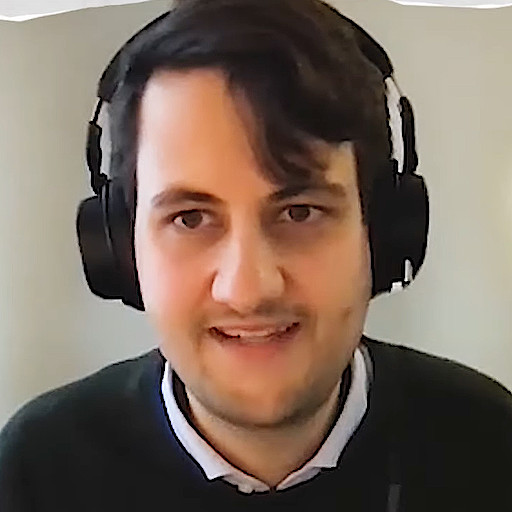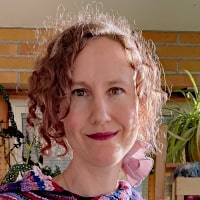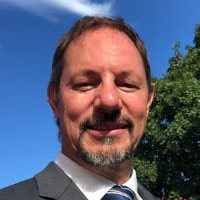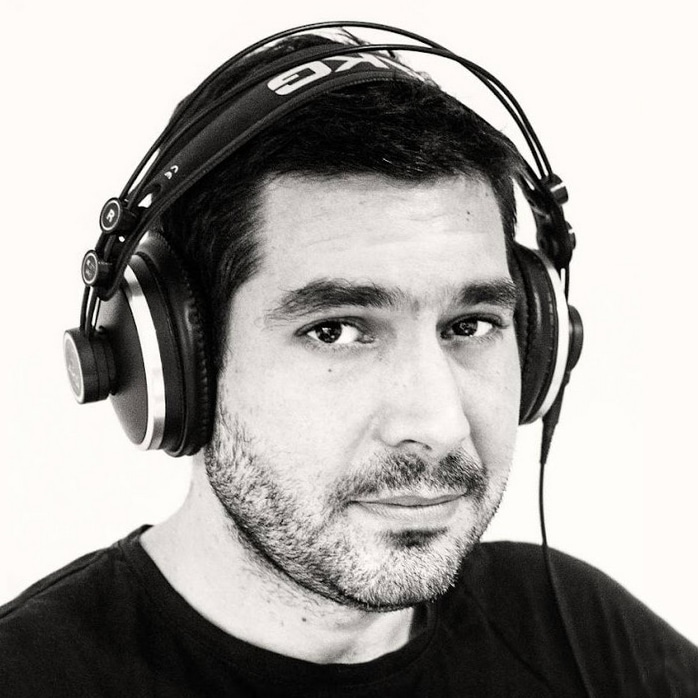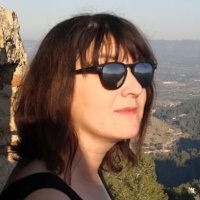Channel Conversation on Value
Emotions are not innate, but happen between people and signal a taking of a stance in relationships, both one-on-one and within larger social networks. That’s the thesis and argument in Between Us: How Cultures Create Emotions. A pioneer of cultural psychology, Batja Mesquita discusses her scientific research and work on emotion with Valeria Maltoni. The conversation ranges from the contours of “shame” and “anger” in different cultures, to the invention and uses of “love” and “happiness” in culture, from how moving away and toward another human being or group works emotionally, to how emotions could tie into stories in the world, rather than being actual mental states.
We all like to think we’re good people, but in a toxic environment, we could go to the dark side. Strong organizational contexts push good people towards unethical decisions. In our conversation, we explore the when, where, and who of taking control over the influence of these dark forces and global value chains.
Dr. Guido Palazzo is Professor of Business Ethics at HEC Lausanne, University of Lausanne. In his research, he is passionate about the dark side of the force and examines unethical decision making from various angles. He is mainly known for his studies on globalization, in particular on human rights violations in global value chains, but he also studies the reasons for unethical behavior in organizations and the impact of organized crime on business and society. Currently, he is examining the illegal toxic waste business of the Italian Mafia. He studied business administration and has a PhD in philosophy from the University of Marburg in Germany.
Learn more about Prof. Guido Palazzo here:
https://wp.unil.ch/hecimpact/people/guido-palazzo/
Nick Parker was once the creative director at The Writer. Before that, he spent a decade as a writer, editor, and non-ironic corduroy-wearer at The Oldie magazine. And way back, he was a cartoonist for Viz and a joke-writer for the radio.
A business is one of the greatest problem-solving tools humanity has ever invented. A brand is what happens when a business takes Dolly Parton’s advice to figure out who you are, then do it on purpose.
Value in Use: The solution to Humanity’s value crisis
In this episode, Valeria talks with Peter Tunjic, an experienced lawyer and commercial law theorist based in Melbourne, Australia.
Organizing corporations around the concept of exchange value is making the planet unlivable. The purpose of Peter’s millennia challenge is to develop a lens capable of predicting the current crisis and offering a safer alternative foundation for corporations, corporate law and corporate governance. He calls it the search for Phi.
Peter Tunjic’s research interests intersect corporate law, theory of value and non-equilibrium thermodynamics. In relating physics to corporate law, Peter supports his analysis and advice to clients with rigorous argument and reason. He also writes contracts. Find him at On Directorship. https://ondirectorship.com/
Julie Sedivy and Valerina talk about the interplay between language and emotion in creating identity and the value of this connection. "We only realize the value of something after we lose it,” says Julie. There’s an "ebb and flow of language in the mind" with migration. Julie says, “languages are the vehicles of our lives. It’s the means through which we communicate our values, and so on.” Language provides cultural context. Preserving the body of work in ancient Greece wouldn’t have been possible without continuity in language. What are the collective cons(equences) of the loss of cultural texture and nuance?
“Learn a language, gain a soul” because we access different parts of ourselves in different languages. E.g., Personality tests (English and Spanish). A Dutch study (English more competitive, Dutch more collaborative). Exposure to anglophone culture. Early childhood tighter emotional connection.
Christina Patterson is the author of Outside, the Sky is Blue and The Art of Not Falling Apart. While she’s thinking about the next book, she’s building a coaching practice with a related podcast, The Art of Work. (Guests in the current series include former Twitter VP Bruce Daisley, bestselling writer and palliative care consultant, Kathryn Mannix, internationally renowned cellist Steven Isserlis, classicist and bestselling author Mary Beard and T S Eliot-prize-winning poet, Joelle Taylor.)
In the 4th Century BC Aristotle thought the Value Problem concerned the best or most productive use of a thing. Unlike today, he made no distinction between value in use and value in exchange.
Though it is thousands of years old, the Value Problem still matters because it impacts directly the way we live our life, individually and collectively.
Valeria Maltoni is a strategist and linguist at Conversation Agent. Her Alma Mater, the University of Bologna, was founded in 1088 as a cooperative to co-create value in education.


